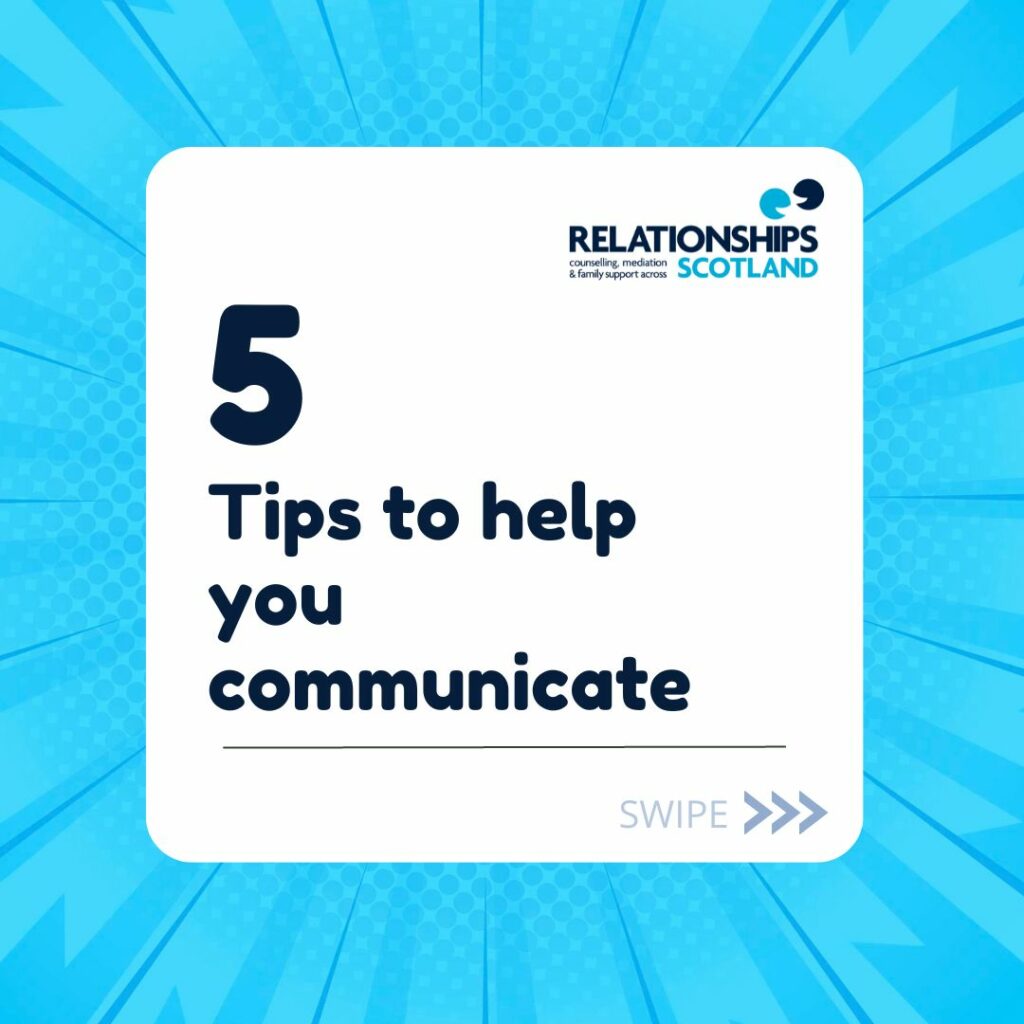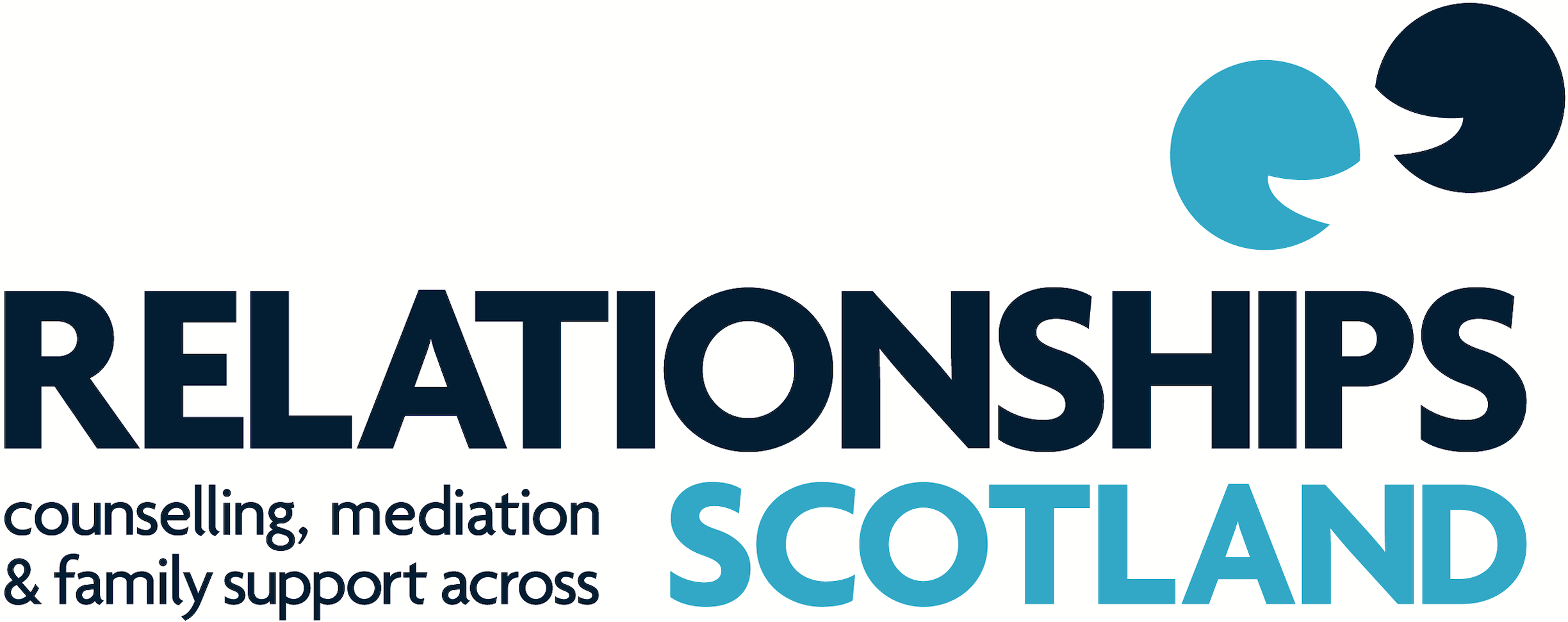
Top tips for communicating – with your child’s other parent, your children and others
Communicating effectively has a massive impact on relationships – whether that’s with your life partner, your children, their other parent, your friends or at work. You need to find a way to get on, get your ideas across and overcome differences of opinion if you are going to succeed and move forward. Here are some top tips for improving your communication skills. Keep trying them out, it takes practice for them to become a habit
Top Tip #1
‘Seek first to understand’, or in other words, find out what the other person has to say before you say what you think. Arguments often arise due to misunderstandings or stressful situations that people are experiencing.
We tend to presume we know what the other person means by what they have done or said, but actually we can often be wrong. How often have you thought that someone was meaning one thing and later discovered that they meant something else? Or, we think someone’s actions were outrageous only to find out that they had been going through a personal crisis at the time. It’s the same with our kids – listen to what they have to say before talking to them about what you think from your perspective.
Top Tip #2
Speak respectfully, even if that isn’t how you feel. Use respectful language as you might have to do in a work or public setting.
If you treat others with respect, you are more likely to get a better response from them and are more likely to find a way to move forward. If you are aggressive or attack someone’s character, they are likely to respond defensively. Most people find a way to speak and act respectfully at work, use those skills in your personal relationships too.
Top Tip #3
Choose your moment. Pick a time that is good for you and the other person, generally when you or they are NOT tired, stressed, angry or hungry!
It pays off to re-arrange a difficult conversation to a time when the other person is likely to be receptive. Think about when a good time might be to talk about things – from their perspective and yours. You might want to make a specific plan to go to a particular place, perhaps a public space where people tend to behave more appropriately.
Top Tip #4
Pause, slow down and listen with interest. Tackle one issue at a time and try to think about how things are from the other person’s perspective.
Be specific about what the issue is, tell the other person how you feel and what you need them to do. Respect differences and different perspectives. You might find that you need to agree to disagree! Do this after you have increased your understanding and try to negotiate a plan that meets everyone’s needs.
Top Tip # 5
Focus on the positives, what you can agree on and how you want things to be. You can’t change the past, but you can learn from it and create a different future
It can be challenging to identify things that you do agree on, or something positive that the other person has done or said, but this can be really helpful for creating a more hopeful conversation. Remember, you are in control of what you do and say, and this can influence how the other person behaves and speaks.
